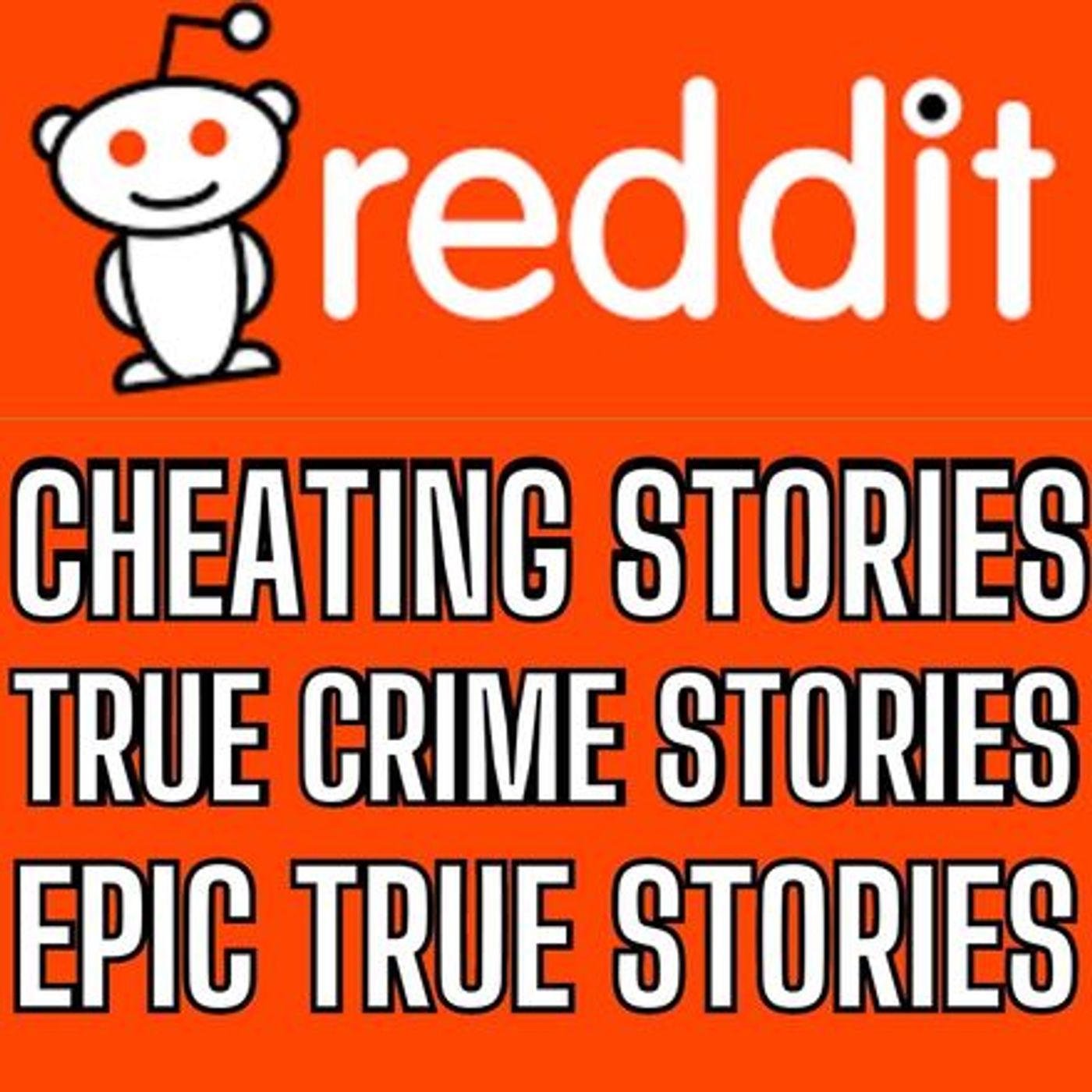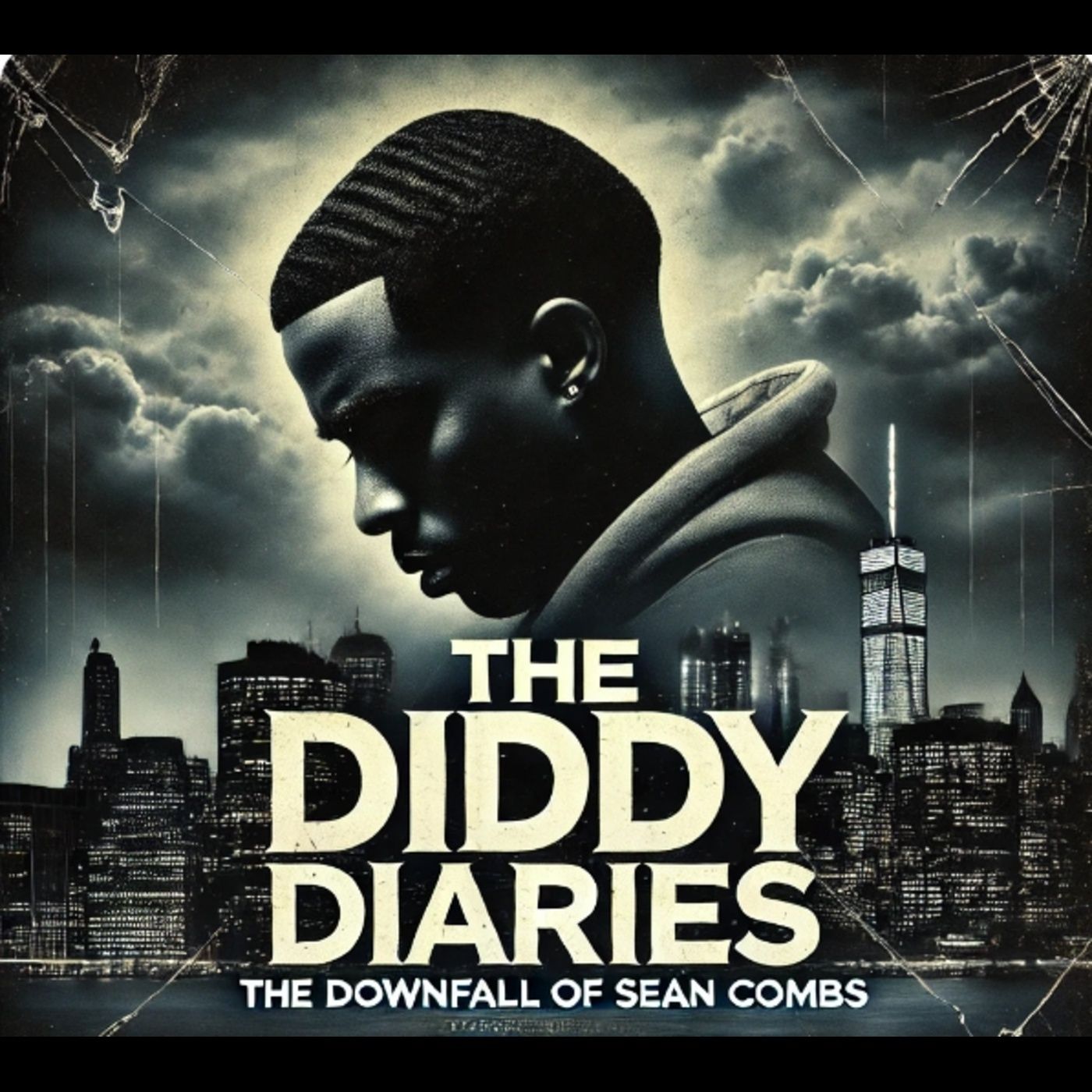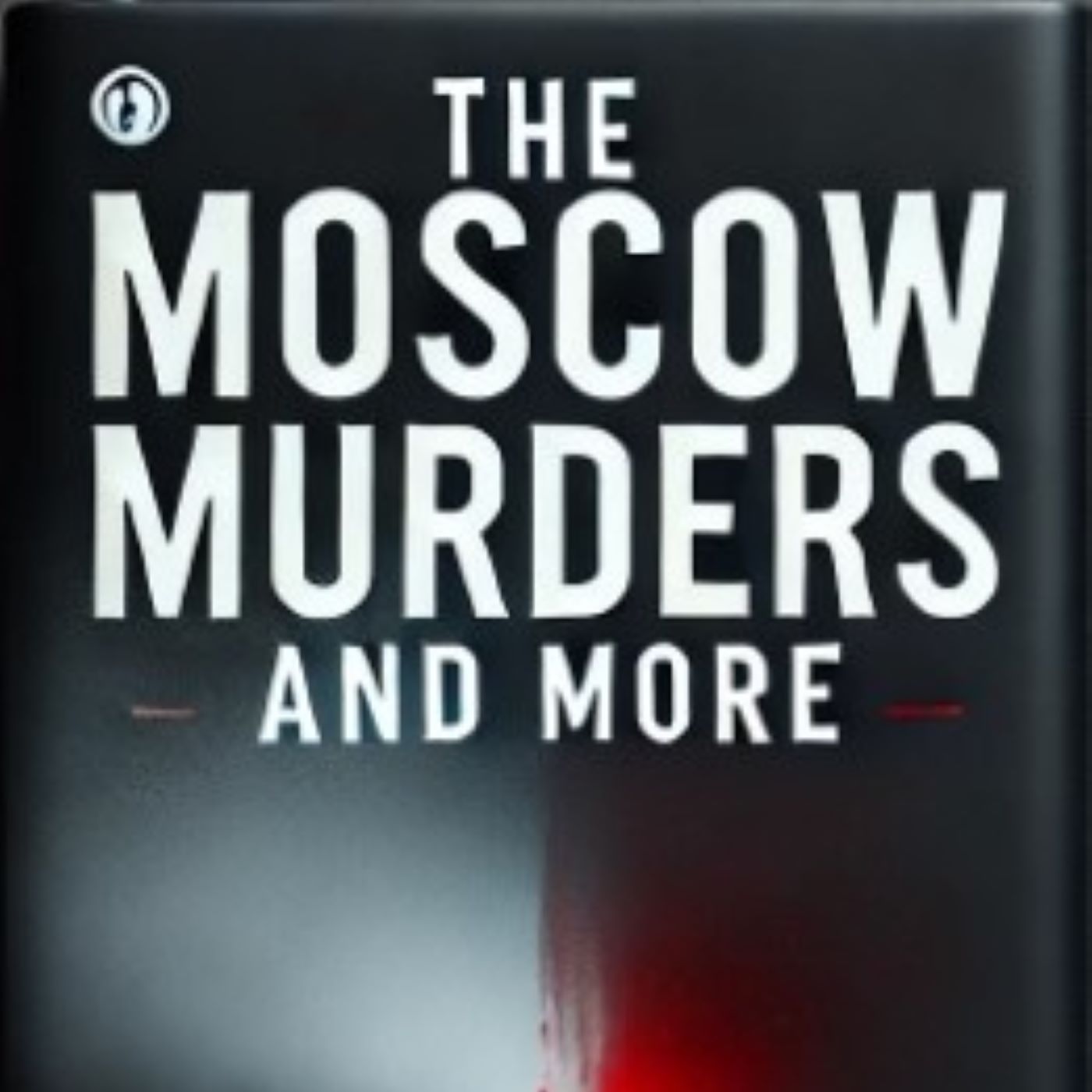Ep 10 of 11: Justice?
Van Ride Mystery and Witness Manipulation in Winston-Salem
This episode examines a perplexing and ethically fraught incident: a van ride in 2003 where a 16-year-old witness says a prosecutor introduced an unidentified Black woman as the victim’s daughter. The ride resurfaced years later during innocence proceedings, but prosecutors, investigators, and the victim’s family cannot corroborate it. The narrative explores how a single unexplained event can shape a case and human memory for decades.
How Prosecutorial Behavior Affected Case Momentum and Trust
Listeners will hear accounts of a tenacious prosecutor who prioritized convictions, and how that approach may have led to manipulative tactics with witnesses. Testimony from former detectives and innocence attorneys raises questions about ethics, accountability, and the lasting harm when official actions go unrecorded or undocumented.
Historical Pattern: Past Wrongful Convictions in Forsyth County
The episode connects the Jones case to earlier local injustices, including the Darryl Hunt and Calvin Michael Smith cases. These historical examples illustrate a pattern of resistance to new evidence, reluctance to admit mistakes, and the political and institutional forces that defend convictions over truth.
Family Trauma, Celebrity Narrative, and Misinformation
Chris Paul’s memoir is discussed as a powerful, personal account that also contains factual errors about the crime. The episode explores how celebrity influence and community loyalty can shape public perception, sometimes discouraging witnesses or neighbors from questioning official narratives.
Ongoing Investigation, Prison Communication Troubles, and Public Appeal
The producer describes blocked letters and phone calls to incarcerated defendants, possible interference with journalistic access, and a public call for new tips. The series is being released ahead of a critical evidentiary hearing, urging anyone with previously unreported information to step forward.
- Key stakes: the emotional toll on families, the reintegration struggles of released defendants, and the looming risk of plea deals that could erase claims of innocence.
The episode balances legal analysis, human storytelling, and investigative urgency. It traces how momentum in a criminal case can become dangerous when unchecked, documents the ripple effects of contested convictions, and asks listeners to consider what real justice looks like for victims and the accused alike.
Insights
- Always demand contemporaneous documentation when prosecutors arrange witness meetups to prevent later disputes.
- Families and community members should verify dramatic claims before accepting them as factual evidence.
- Attorneys must aggressively protect juvenile clients from coerced statements and ensure parental presence.
- Reporters and advocates should escalate persistent barriers to prison communication to oversight authorities.
- When new forensic or testimonial evidence emerges, officials should transparently reexamine prior convictions.
- Legal teams should prepare defendants for the emotional and practical pressures of plea offers that sacrifice innocence.
- Community tip lines and targeted reward campaigns can prompt reluctant witnesses to come forward.
FAQ
What was the van ride described by the witness in this episode?
A 16-year-old witness recalled a 2003 van ride where a prosecutor introduced an unidentified Black woman as the victim’s daughter, an event later uncorroborated by the victim’s family or paperwork.
Why do listeners should care about historical wrongful convictions in Winston-Salem?
Past cases reveal patterns of resistance to new evidence, prosecutorial defensiveness, and systemic harms that can inform current reinvestigation efforts.
What obstacles did the producer face when contacting incarcerated defendants?
Letters and phone calls to the defendants were repeatedly lost or blocked, sometimes explained by prison staff as security actions that prevented journalistic access.
How can someone share new information related to the case?
The podcast asked listeners with unreported information to email counterclock@audiochuck.com and consider contacting the Center on Actual Innocence tip line.




